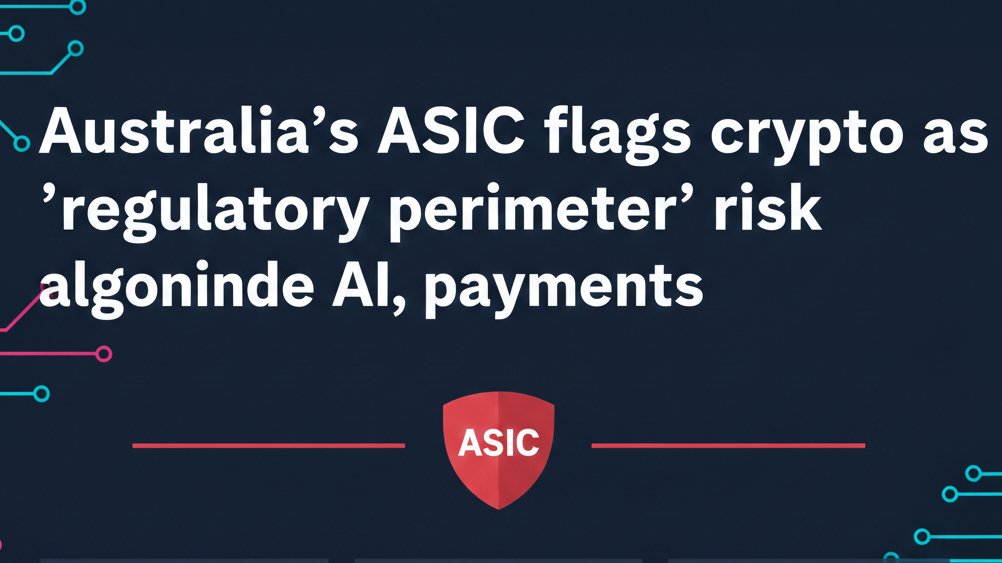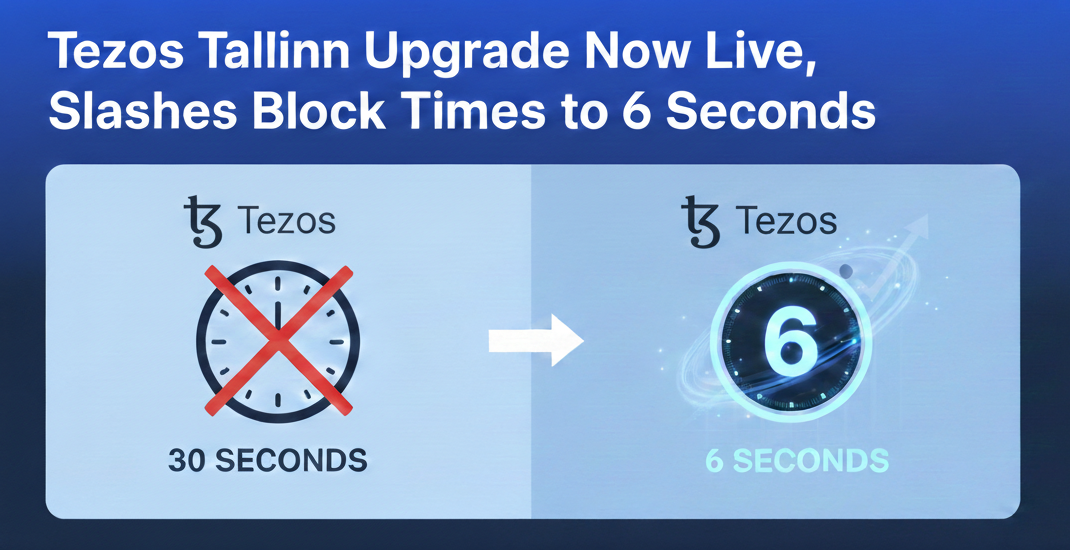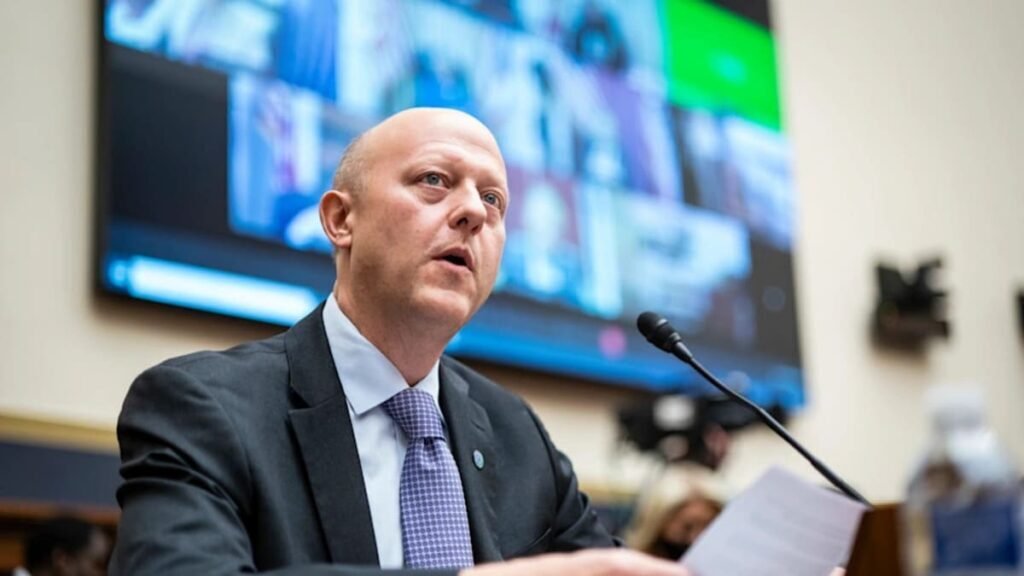White House Steps in to Postpone CFTC Chair Vote amid Key Crypto Regulatory Shifts

In a pivotal move for the future of U.S. financial regulation and crypto oversight, the White House has requested the Senate Agriculture Committee delay its vote on Brian Quintenz’s nomination as chair of the Commodity Futures Trading Commission (CFTC). This decision comes just as Congress prepares for its August recess, raising the stakes for digital asset policy and regulatory clarity in the coming months.
What Happened to the CFTC Chair Vote?
The Senate Agriculture Committee, responsible for advancing nominations to the CFTC, was set to consider Brian Quintenz President Donald Trump’s nominee for CFTC chair before lawmakers break in early August. However, on Monday, committee chair John Boozman and ranking member Amy Klobuchar announced the hearing had been pulled from the agenda following a formal request from the White House.
This is the second postponement of a vote on Quintenz’s nomination in recent weeks. The original review, set for July 21, was already rescheduled, underscoring mounting uncertainty about leadership at one of America’s principal market regulators. As of Tuesday, it remains unclear whether the confirmation process will resume before or after the legislative break.
Who Is Brian Quintenz?
Quintenz is no stranger to financial regulation or crypto policy, having previously served on the CFTC from 2017 to 2021. He was initially nominated by President Obama in 2016 and went on to hold tenure under President Trump. A frequent voice on digital asset matters, Quintenz has faced senate scrutiny regarding both his regulatory stance and reported $3.4 million in disclosed assets some with links to the crypto industry.
Why Quintenz’s Nomination Matters for Crypto Regulation
The next CFTC chair will play a decisive role as the Senate prepares to advance comprehensive legislation clarifying the responsibilities of both the CFTC and the Securities and Exchange Commission (SEC) in overseeing digital assets. The direction taken by the new chair could profoundly impact the regulatory environment for exchanges, service providers, and DeFi protocols across the crypto landscape.
Since Trump’s return to office and the departure of former SEC Chair Gary Gensler, the SEC has rolled back enforcement actions and lawsuits against major crypto players, including Coinbase, Ripple Labs, and Kraken. A crypto-friendly leader at the CFTC could accelerate this regulatory shift, driving policy that encourages innovation while potentially reducing legal uncertainty for industry stakeholders.
Ongoing Leadership Vacancies at the CFTC
The CFTC is facing a period of unprecedented turnover. Three of the commission’s five seats those of former chair Rostin Behnam and Commissioners Summer Mersinger and Christy Goldsmith Romero are already vacant in 2025. Acting CFTC Chair Caroline Pham has stated she will move to the private sector if Quintenz is confirmed, while Commissioner Kristin Johnson is also planning to resign before 2026.
This scenario could soon leave the CFTC with just one standing commissioner, unless the White House streamlines additional nominations. To date, the Trump administration has not named potential replacements for the four expected vacancies.
What Does the Delay Mean for Crypto and Financial Markets?
The postponement of the CFTC chair vote injects fresh uncertainty into the U.S. regulatory landscape particularly as lawmakers prepare to advance a bill framing clear rules for the futures and crypto markets when they return in September. With significant policy change on the horizon and the CFTC’s leadership in flux, digital asset companies, trading platforms, and investors will be watching closely for clarity on enforcement priorities, market oversight, and the broader direction of U.S. crypto regulation.
As Washington continues to weigh leadership and legislation for the fast-evolving digital asset industry, the outcome of the CFTC chair confirmation will undoubtedly shape the next chapter of U.S. crypto and derivatives regulation.





